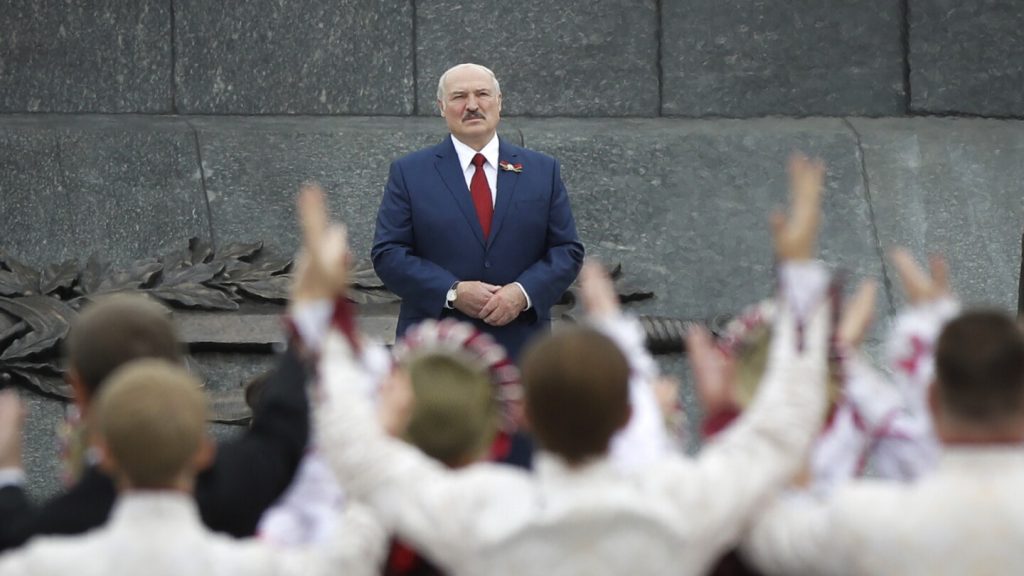Belarus is currently experiencing a new wave of Russification, with Russian language and culture dominating over Belarusian identity. This trend can be attributed to the authoritarian leadership of Alexander Lukashenko, who has allowed Moscow to exert influence over all aspects of life in the country. Official business is conducted in Russian, the majority of media is in Russian, and Lukashenko himself only speaks Russian. The country’s dependence on Russia for loans and energy has further solidified this dominance, with political and military alliances allowing Putin to deploy troops and missiles on Belarusian soil.
Many Belarusian cultural figures have been persecuted, and nationalist organizations have been shut down as part of the efforts to implement Russification in Belarus. The suppression of the Belarusian language and identity has led to fears among parents about the indoctrination of their children and the erosion of national pride. In recent years, Belarusian-language courses and materials have been phased out in schools, and those who speak Belarusian are often seen as opposing the regime. The crackdown on dissent and the imposition of Russian language and culture have raised concerns among human rights advocates both within Belarus and internationally.
The roots of Russification in Belarus can be traced back to its history as part of the Russian empire and the Soviet Union. Daily use of the Belarusian language has drastically decreased over the years, with current statistics showing a significant decline in the number of students being taught in Belarusian. Speaking Belarusian is now considered an act of political opposition and national identity, leading to further suppression from the authorities. The mass protests following the disputed 2020 election highlighted the importance of the Belarusian language as a symbol of freedom and resistance against the authoritarian regime.
The Kremlin’s support for Lukashenko against anti-government protests in 2020 solidified his loyalty and allowed Russia to further influence Belarus. This has led to the establishment of pro-Russian organizations, joint educational programs, and cultural initiatives aimed at promoting Russian narratives and values in Belarus. Censorship and bans have also targeted Belarusian literature, both contemporary and classic, further limiting the cultural expression and national identity of the Belarusian people. The consequences of Russification in Belarus are evident in the exodus of cultural figures and the erosion of Belarusian language and heritage.
The efforts to Russify Belarus have intensified in recent years, with the establishment of “Russia Houses” in several cities to promote Russian culture and influence. These centers offer a variety of activities and events to implant Russian narratives in the minds of Belarusians, further eroding the country’s national identity. The collaboration between Lukashenko and Putin has raised concerns about the loss of sovereignty and the subjugation of Belarus to Russian interests. As Belarusians continue to resist Russification and defend their language and culture, the international community is closely monitoring the situation and advocating for the protection of human rights and national identity in Belarus.


